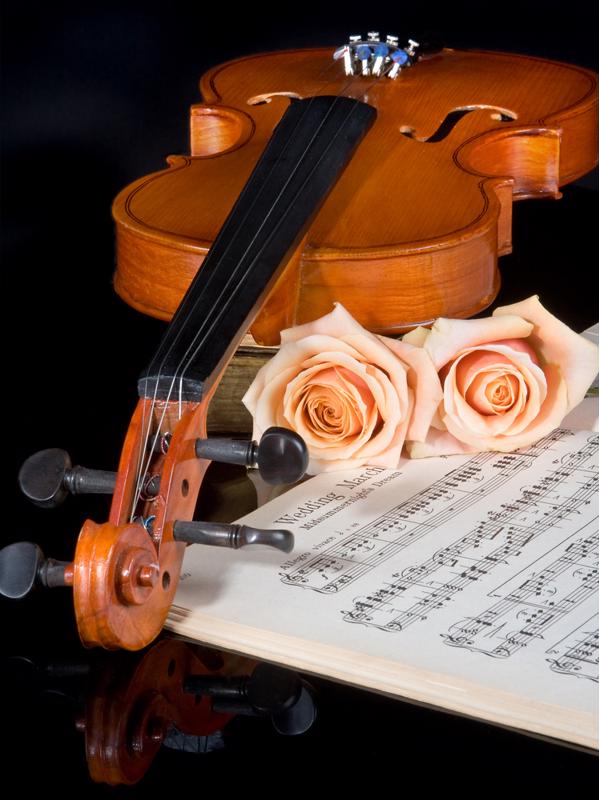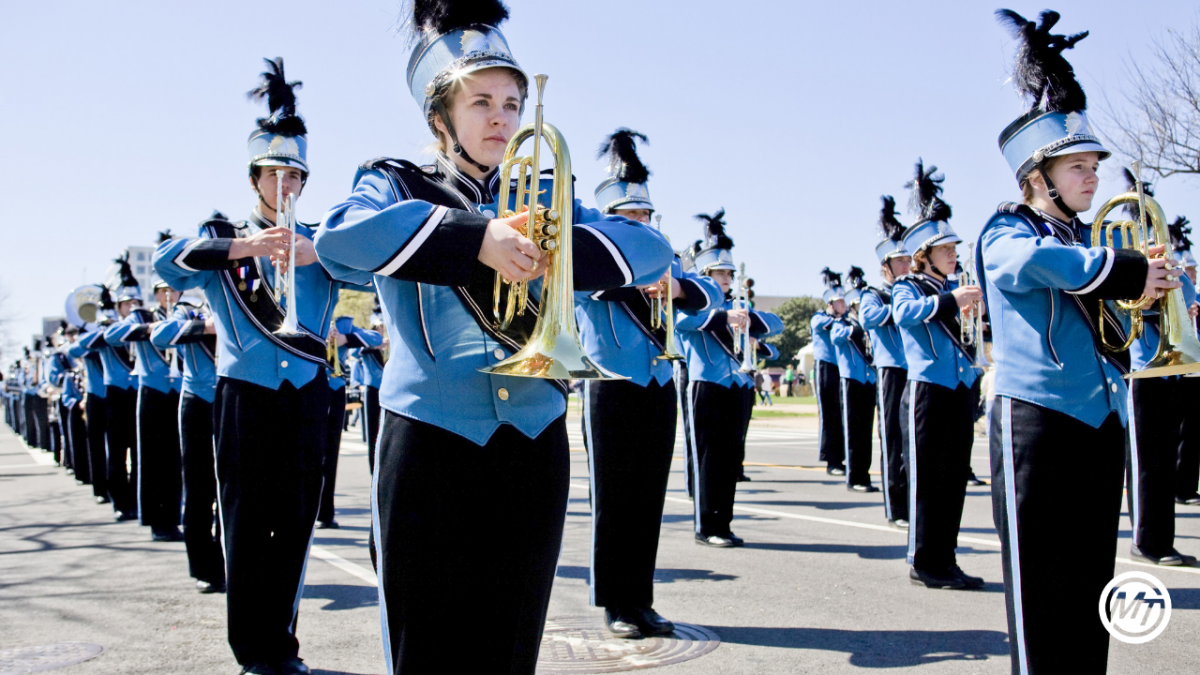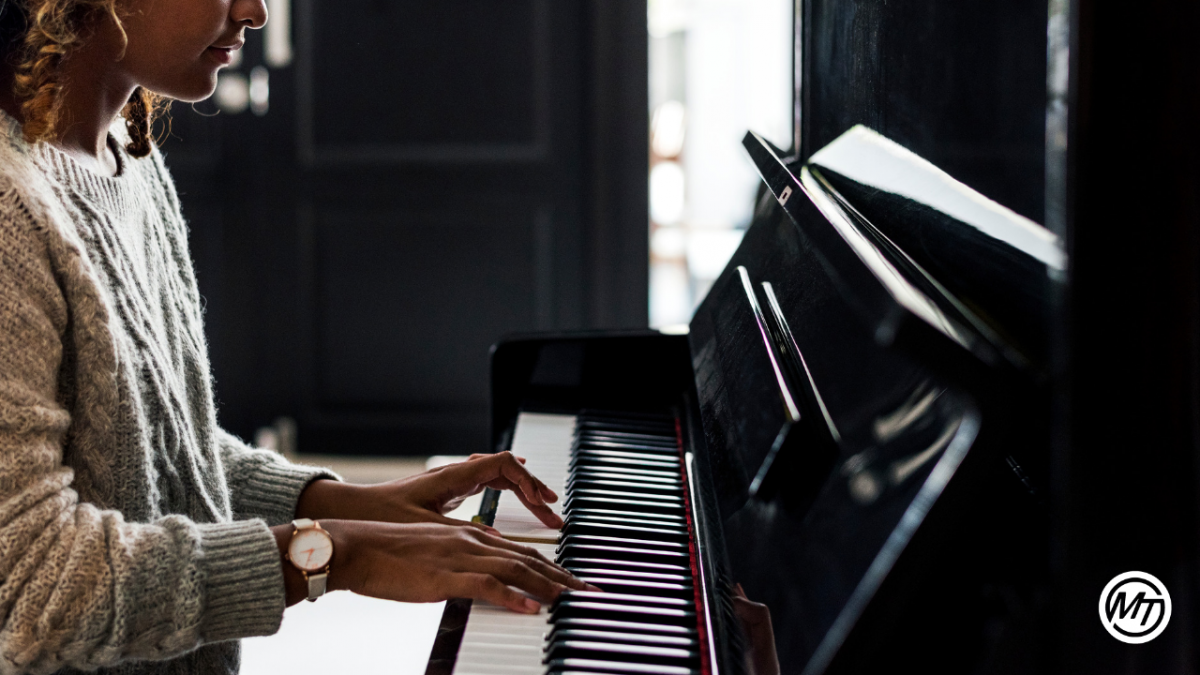Musical instruments can last for a long time if they are cared for properly. In fact, certain instruments – like violins, cellos and other string instruments – are more valuable when they are older. Musicians prefer them because of their sound; music lovers, because of their craftsmanship. Regardless of which you are, it's worth remembering that proper storage and maintenance of your instrument will preserve its life and sound.
Think about humidity and temperature
It's been said that dampness is the enemy of instruments. From brass to string, instruments can suffer immense damage, usually in the form of rust, due to moist air, Rust is extremely detrimental to instruments because it will cause permanent cosmetic damage and might affect the playability of the instrument. Wind instruments, for example, can be damaged when keys get stuck together as a result of rust, which can, in extreme cases, eat through the instrument.
According to Storage Front, fluctuations in temperature can be responsible for the warping of both brass and wood instruments. In the worst-case scenarios, your instrument will warp so severely that it will actually crack. When it comes to humidity, string instruments are most at risk for issues. You'll probably notice smaller issues such as rusting in the beginning, but if you keep a string instrument in a humid environment for an extended period of time, more severe problems will arise. Guitar necks are likely to be damaged in the humidity, according to Guitar Makers Online. If your guitar neck is warped too much, your instrument will be rendered unsalvageable. It's even more important that you pay attention to how you store your electrical and bass guitars because most of them are made with both metal and wooden elements. Two different materials can pose two different sets of concerns when storing instruments safely.

One of the easiest ways for you to give your instrument an added layer of protection against its surroundings is to simply keep it in its case when you're not using it. A good instrument case will protect your instrument from excessive moisture and heat. If you live in an area that is particularly humid, consider investing in a dehumidifier to keep in the same area as your instrument. Also, avoid leaving it in the car overnight or during a hot day. Stacking items on top of the instrument, even when it's in its case, can seriously affect its sound and performance, too. Always shut your case completely and be sure there aren't any loose objects inside that might scratch the finish or get stuck in your instrument.
Clean your brass
Brass instruments require regular cleaning to keep them looking great. Additionally, it's a good idea to use oil when playing brass instruments to prevent their keys from sticking. According to Music Showcase Online, you should oil all of the keys and valves of your brass instruments at least three times per week. It is also helpful to clean brass instruments thoroughly with warm water and a mild detergent once every three weeks, especially if you play them almost every day.
Advice for guitars (and other string instruments)
Begin by washing your instrument's fret boards and rubbing them with a gentle polish to prevent mildew from growing. Unless you're emotionally attached to the old strings on your guitar, consider swapping them out for newer ones. Old guitar strings will attract rust and mildew, which is easy to spread along the body of your instrument. As far as climate concerns, you can keep your guitars and string instruments in areas where you would feel comfortable yourself. If a room feels hot and humid, look for a cooler one in which to keep your instrument.




